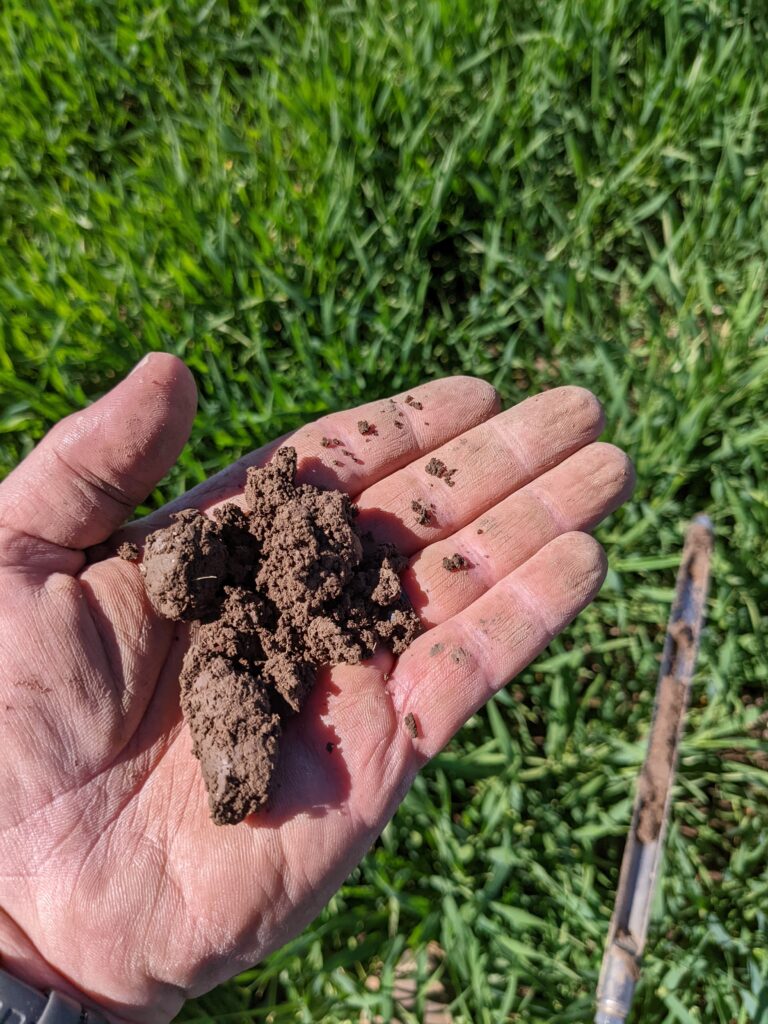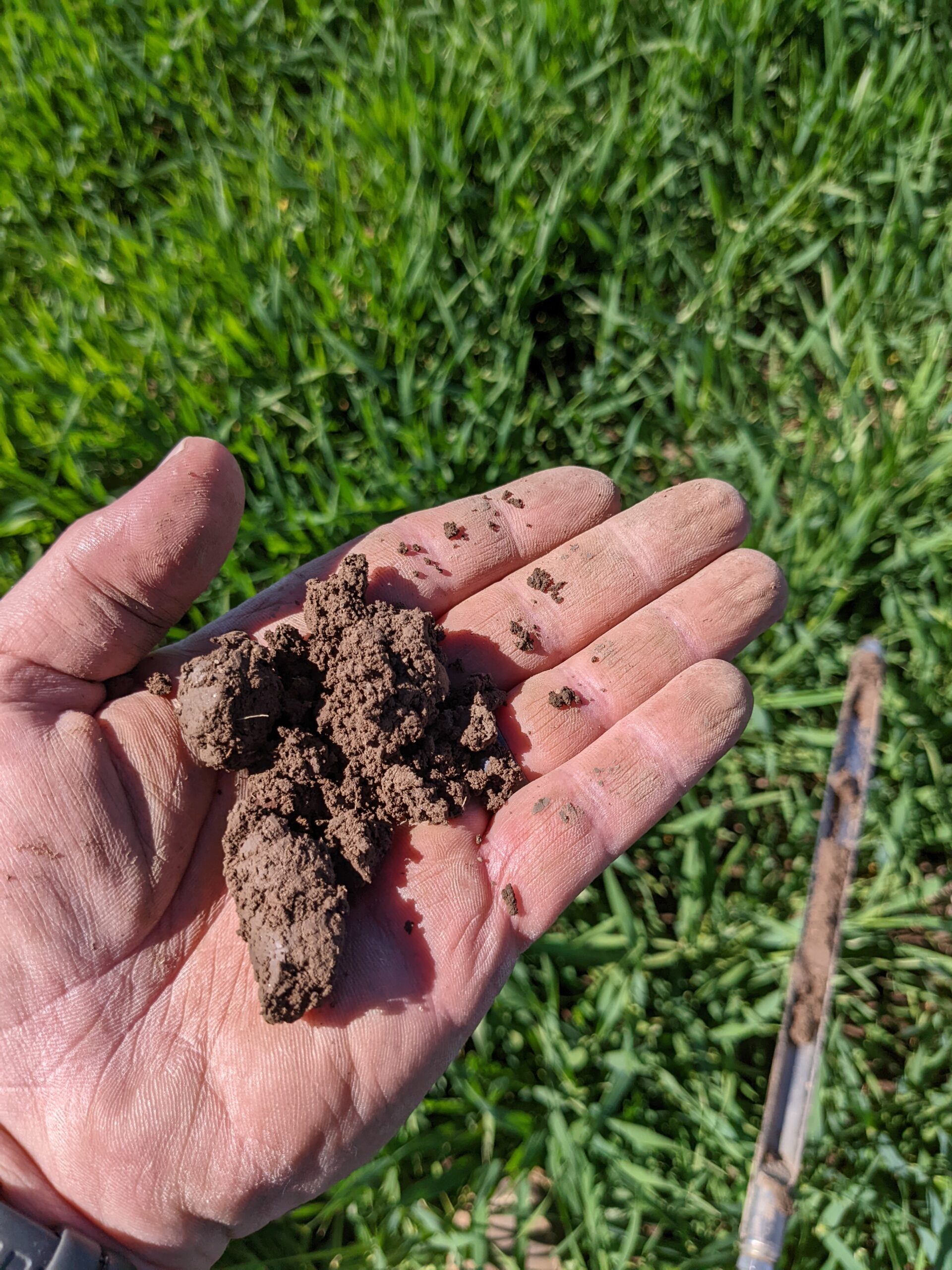Irrigation scheduling is a critical component of Arizona crop management systems and consistently proves to be a great
challenge.
Irrigation scheduling is deciding when to irrigate and how much water to apply. Good scheduling will apply water at the
right time and in the right quantity to optimize production and minimize adverse environmental impacts. Irrigating too
early or too late can result in under-watering or over-watering, both leading to reduced yields, lower quality, and
inefficient use of nutrients. In order for an irrigation manager to decide when to irrigate he should know the daily water
use of the crop, the water-holding capacity of the soil, the lower limit of soil moisture for each crop and soil and
measuring the amount of water applied to the field.
Various methods and tools have been developed to determine when crops require water and how much irrigation
water needs to be applied. Visual observation of the plant and soil, gravimetric soil moisture sample, tensiometers,
electrical resistance blocks, water budgeting, and modified atmometer, are common methods and tools used to
effectively manage irrigation frequency

One of the most reliable, inexpensive, methods, however, is visual observation of the plant
and soil by observing the crop and assessing the feel and appearance of the soil and the
changes in the plant characteristics, such as changes in color, curling of the leaves, and
ultimately plant wilting. Visual observation is quick and relatively easy and it doesn’t require
investment in equipment or technical support. However, extensive experience is required to
use it effectively mainly due to limitations of assessing subsoil moisture conditions properly
The WCMP can help you manage your irrigation scheduling. Call the WCMP today to
schedule your free irrigation management service 480.466.2968
Call the WCMP today 480.466.2968











